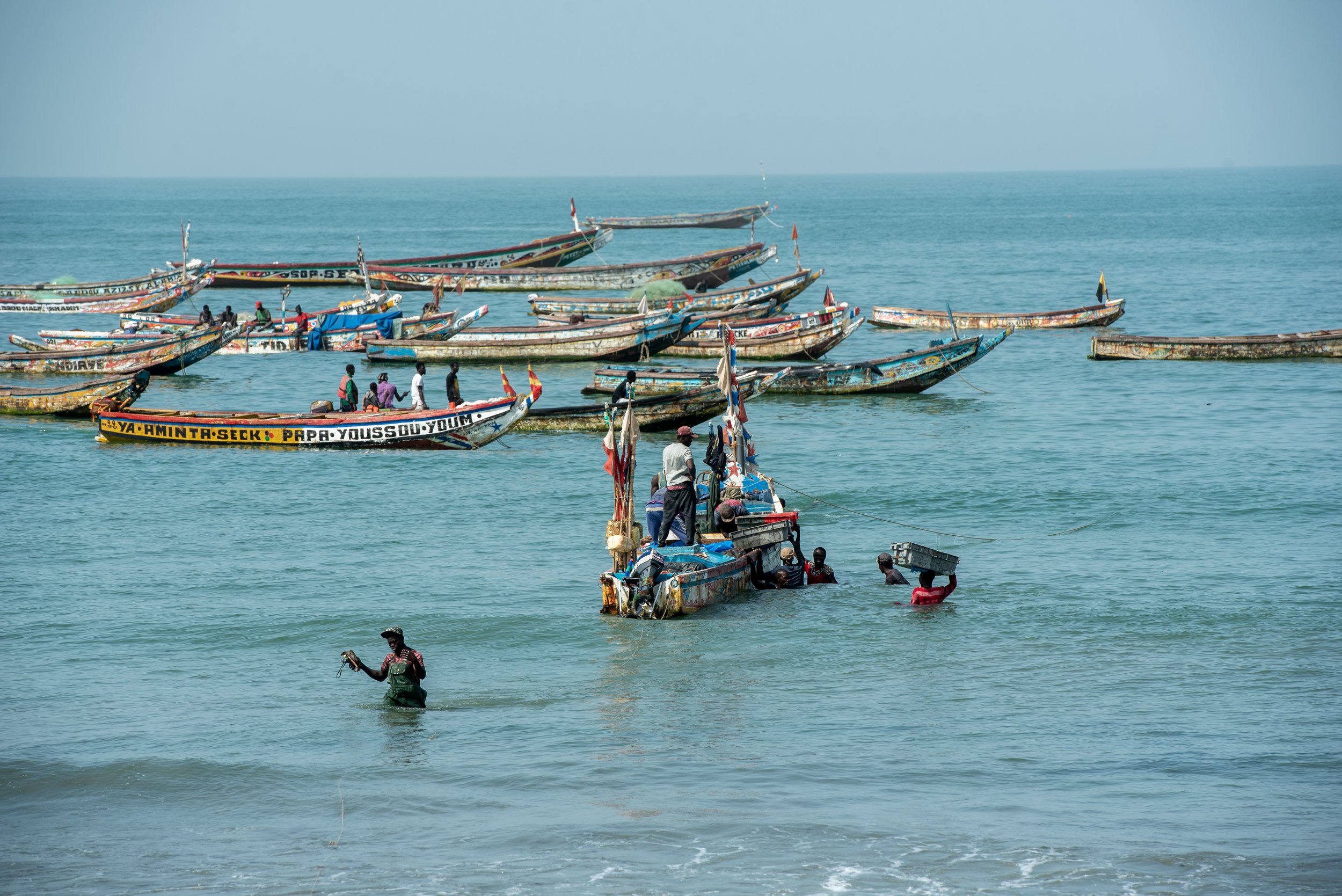The EU Long Distance Advisory Council (LDAC) and CFFA have published the report of the seminar they jointly organized last May in Berlin, in the headquarters of the NGO Bread For the World.
Discussing the impacts and roles of fisheries joint ventures in Africa has been on the table for a long time, with African fishers and European fishing industry generally expressing opposite views.
In 2011, CAOPA, together with CFFA and EED (now BFW) published the first ever study about the impacts of fishing joint ventures on artisanal fisheries in Senegal and Mauritania, showing how, in these countries, trawlers of Asian and European origin, reflagged locally, were competing with local artisanal fishers.
Further down the line, in 2015, an international conference was organized by the LDAC on the Common Fisheries Policy (CFP) external dimension, to which were invited European and African governments, regional organisations, fisher organisations and NGOs. At the time, the participants called for: ‘joint fishing enterprises to operate transparently, not compete with small-scale fisheries, and contribute to the development objectives of the African country concerned’.
However, much water flowed under the bridge, until African and European stakeholders could meet again in Berlin, and started in depth exchanges on fishing joint ventures by listening to African stakeholders’ views.
The LDAC just published the final report of this seminar which is available in French, English and Spanish.
Next steps…
All participants agreed on the need to develop “a legal framework at the level of African countries, applicable to all, whatever the country of origin of the effective owner.” This framework should ensure their operations are sustainable, that they are not in competition with the local artisanal fishing sector and that they contribute to local economies and food security.
All insisted that transparency is essential to ensure that joint ventures operate sustainably. In this context, “it is necessary to revise, at the African level, the uniform act on commercial companies and Interest Economic Groups (GIEs), to introduce the legal form of joint ventures and the collection of information on the owner and effective operator of these joint ventures.” It was stressed that all European countries should follow the example of Spain, collecting and publishing information on fishing joint ventures.
As for the European Union, it was recalled that Sustainable Fisheries Partnership agreements (SFPAs) promote the creation of joint ventures given the role they play in third countries. It was suggested to include standards to ensure that the constitution of these joint ventures meet sustainable fisheries standards promoted by the EU.
As the president of the LDAC, Mr Ivan Lopez, said: “the work starts now.” The LDAC is expected to hold further meetings on this topic and to develop recommendations in view of the revision of the CFP.
Photo banner: The first panel at the seminar in Berlin, with Isabelle Garzón, Advisor for International Affairs (DG Maritime Affairs and Fisheries), Dieynaba Beye (legal expert in international law), Béatrice Gorez (CFFA), Huyam Salih (Director of the African Union Inter-African Bureau for Animal Resources (AU-IBAR)) and Ivan Lopez (Chair of LDAC), in May 2024.







Although the protocol does not allow European fleets to fish for small pelagics because they are overexploited, at least 4 European vessels have reportedly reflagged to Guinea-Bissau and are fishing for these species in the region, jeopardising the region's food security and competing with small-scale fisheries.